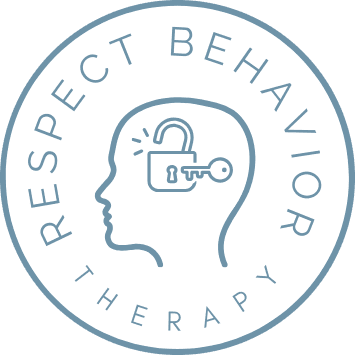Psychotherapy: Addressing the Criticisms and Seeking Solutions

Psychotherapy, often termed "talk therapy," has been an essential tool in mental health care for decades. Rooted in dialogue and understanding, it seeks to offer solace, clarity, and solutions to those grappling with various emotional and psychological challenges. Yet, like all therapeutic approaches, psychotherapy isn't exempt from criticism. Let's explore some of the primary critiques of psychotherapy and the solutions that are being sought to address them.
1. Lack of Standardization:
Criticisms: One major critique revolves around the absence of a standardized approach in psychotherapy. There are numerous therapeutic methods, from Cognitive Behavioral Therapy (CBT) to Psychodynamic Therapy, each with its own techniques and focal points. This diversity can make it challenging to discern which approach is most effective for a given individual.
Solutions: While one standardized approach may not fit all, ensuring therapists undergo rigorous training in their chosen methodology can increase efficacy. Furthermore, adopting evidence-based practices and keeping abreast of recent research can help therapists apply the most effective strategies tailored to individual needs.
2. Duration and Cost:
Criticisms: Psychotherapy can be a long-term commitment, leading to criticisms about its duration and the associated costs. Some argue that prolonged therapy can become a financial burden and may not always yield faster results.
Solutions: Sliding scale fees, insurance coverage improvements, and alternative therapy models like group sessions can make therapy more accessible and affordable. Additionally, short-term therapeutic approaches like Solution-Focused Brief Therapy offer quicker resolutions for specific issues.
3. Overemphasis on Past Traumas:
Criticisms: Some critics argue that certain psychotherapy forms, especially psychodynamic ones, place excessive emphasis on past traumas, potentially retraumatizing clients or making them feel stuck in their past.
Solutions: Integrating a mix of therapeutic models can be beneficial. While understanding past traumas is crucial, therapies like CBT focus more on present thoughts and behaviors, offering a balanced perspective that addresses both past issues and current challenges.
4. Potential for Therapist Bias:
Criticisms: Therapists are human and, as such, can carry their own biases. There are concerns that personal beliefs or cultural perspectives can unintentionally influence therapeutic advice or interpretations.
Solutions: Cultural competence training and ongoing professional development are essential. Therapists should continually engage in self-reflection and supervision to ensure that their personal biases do not interfere with therapy.
5. Limited Research on Certain Modalities:
Criticisms: While some therapeutic approaches, like CBT, are heavily researched and evidence-backed, others lack substantial empirical support.
Solutions: Prioritizing research in the field and pushing for evidence-based practices can ensure that therapies offered have a strong empirical foundation. Additionally, therapists can be transparent with clients about the research behind their chosen methodologies.
In Conclusion: While psychotherapy has faced its share of criticisms, the field is dynamic, evolving in response to feedback and new discoveries. The heart of psychotherapy remains the well-being of the client. By addressing valid critiques and continually seeking improvement, psychotherapy can remain a valuable tool in the mental health landscape, offering hope, understanding, and healing to countless individuals.
